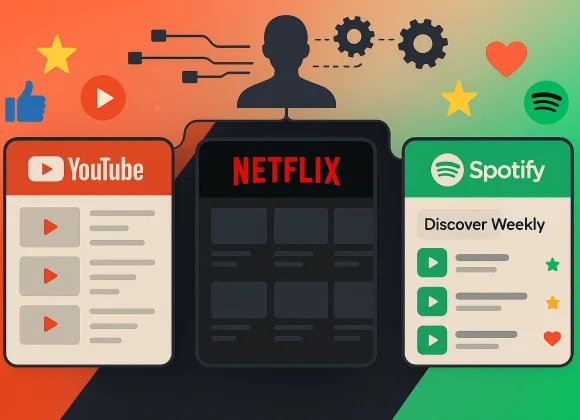Social media is a powerful tool that helps us stay connected, informed, and entertained. But behind those likes, comments, and shares lie potential risks—from privacy breaches and scams to cyberbullying and identity theft. Whether you’re a casual user or always online, staying safe on social media is essential for protecting your digital identity.
1. Keep Your Personal Information Private
Avoid oversharing. Details like your address, phone number, birthday, and travel plans can be misused. Use privacy settings to control who sees your posts and limit the visibility of your profile to only trusted friends or followers.
2. Use Strong, Unique Passwords
Secure your accounts with strong passwords that combine letters, numbers, and symbols. Avoid using the same password across platforms. Enable two-factor authentication (2FA) for extra protection whenever possible.
3. Watch Out for Scams and Phishing Links
If you receive a suspicious link via message or comment—even if it’s from a friend—don’t click it. Scammers often use hacked accounts to spread malware or trick users into entering login information on fake pages.
4. Think Before You Post
Remember: once you share something online, it’s hard to take it back. Avoid posting anything that could harm your reputation or someone else’s. If you’re unsure whether a post is appropriate, it’s better to skip it.
5. Beware of Fake Profiles
Not everyone online is who they claim to be. If a new friend request or follower seems off—especially if they have no mutual friends or just a few posts—think twice before accepting.
6. Customize Your Privacy Settings
Each social media platform allows you to adjust who can see your posts, who can message you, and what data they collect. Regularly review and update your privacy settings to stay in control.
7. Report and Block Suspicious Activity
If someone harasses you, sends spam, or impersonates someone else, use the platform’s built-in tools to report and block them. Don’t engage with trolls or abusive users.
8. Log Out on Shared Devices
If you access your social media accounts from a public or shared device, always log out when you’re done. Also, avoid saving your passwords on those devices.
Final Thoughts
Social media can be a great space if used wisely. By staying alert and following these simple precautions, you can enjoy the benefits of social platforms while protecting your privacy and well-being.




